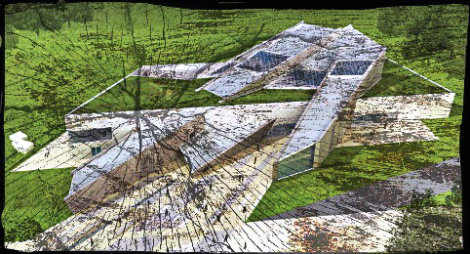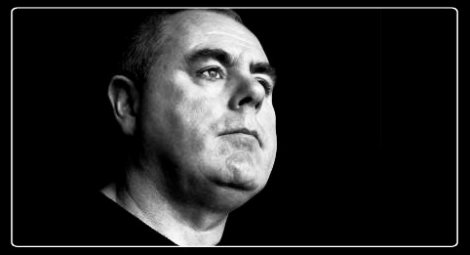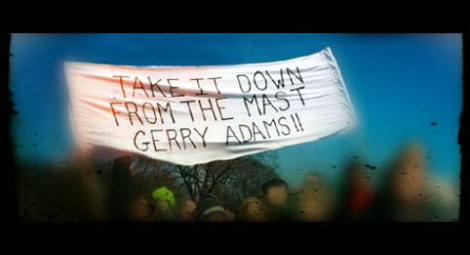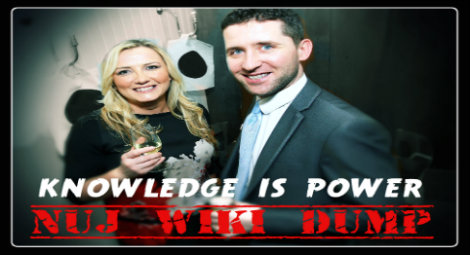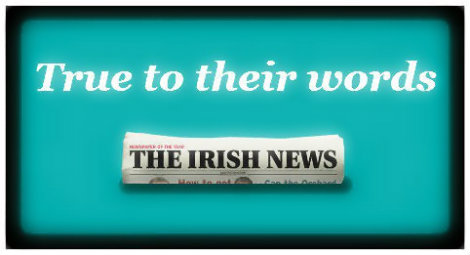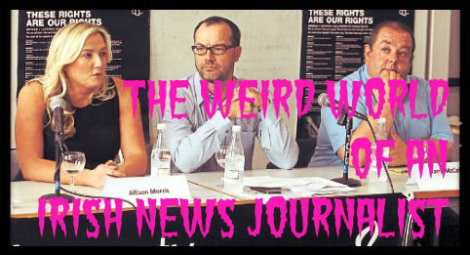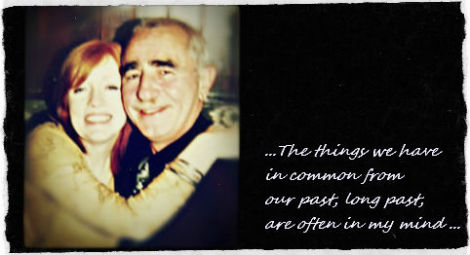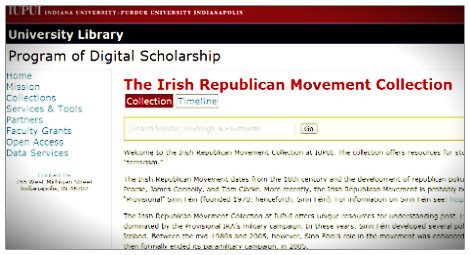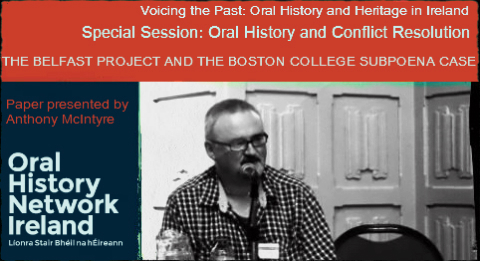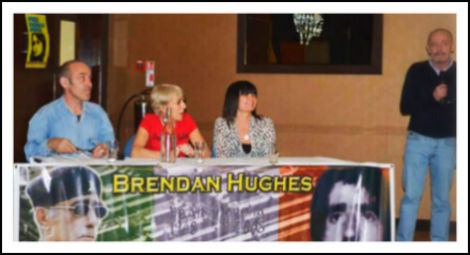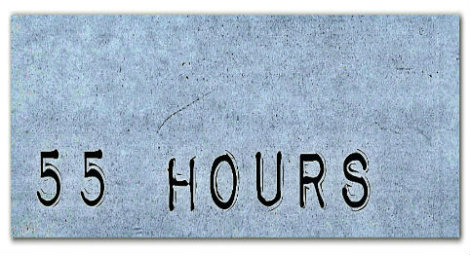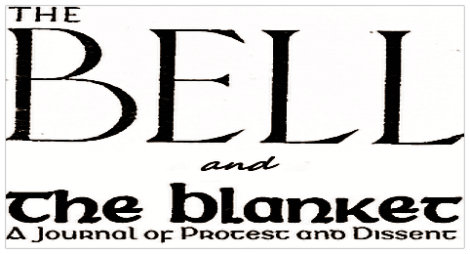The mere fact that Chris Ward was a Catholic from Poleglass and charged with this offence was enough to seal his guilt in the eyes of some people … Mr Ward has been rescued from the appalling vista of a miscarriage of justice but there is no guarantee that this will prevail on every occasion. There must be a root-and-branch analysis of how some high-profile criminal cases are prosecuted – Niall Murphy, solicitor for Chris Ward
Of course Chris Ward, earlier this month, beat the charge of robbing the Northern Bank in Belfast in December 2004. Why wouldn’t he? His trial was a farce, a Kafkaesque one in the view of his solicitor. On the basis of the evidence presented the case should never have made it to the trial stage. Moreover, from the outset, Chris Ward’s rights were seriously undermined when he was detained for more than seven days in 2005 after being arrested on suspicion of involvement in the robbery. It was an abuse of process which should have resulted in the immediate release of the Poleglass man. He should never have set foot in court.
Sinn Fein will of course by its actions cast doubt on the worth of the acquittal. Despite the robbery being firmly laid at the door of the Provisionals, ‘a position still almost universally held to this day’, the party’s tripe talk asserts that the heist was all a plot to wreck the peace process. Take Sinn Fein’s favourite columnist. His leader-worship weekly produced only mirth when it claimed that republicans would not be happy with Brian Rowan’s latest book on the grounds that it laid responsibility for the Northern Bank robbery at the door of the Provisionals.
While disbelieved by ten out of every nine people asked, linked to its protestations of Chris Ward’s non-involvement, rubbish like this will merely serve to put the thought in people’s minds that the former Northern Bank employee escaped justice by some quirk of the legal system rather than because there was no evidence against him.
If Hugh Orde is still wrong after all these years, has been sending detectives off in pursuit of penumbra, why has the woeful one in his column or his party cohorts not called for the chief constable’s removal? If Orde does go off to take up the top cop spot in London as head of the Met his successor will continue to blame the IRA. How can Sinn Fein continue to support a force that got it so wrong and continues to get it so wrong, and in the course of getting it so wrong seriously damaged Sinn Fein’s reputation? Why has the party not called for a public inquiry into the robbery? There will be little else heard from Sinn Fein about it. The can of worms can be shaken a little but not opened.
That aside, a very worrying development is that Hugh Orde, with seeming foreknowledge of the Ward verdict, in the days prior to its delivery had been moving to forestall any advance in human rights legislation and legal protections that might make policing more accountable:
We have got so constrained because of the legal process that is in behind us now … we are almost policing with both eyes looking behind us as to what happens if it goes wrong rather than doing the right thing at the right time.
This is a reaffirmation of a long time perspective rather than inconsistency which reveals an essentially conservative chief constable rather than the liberal construct that had been strategically manufactured for the purpose of making Sinn Fein’s sucking the truncheon more palatable. When he first arrived in the North Hugh Orde told the Irish Times of his fears that:
there's Stevens the Oversight Commissioner; there's some major crime advisers; there's her majesty's Inspectors of Constabulary about to look at us in relation to Special Branch and into how we manage crime. We'll have eight, nine, 10 groups of people looking, pulling us apart, while we are trying to get ourselves organised.
In January last year he reiterated his misgivings: ‘at some stage a question needs to be asked of when does oversight become dysfunctional?’
Orde’s reasoning is simple and his job is done. The onetime sole adversary of British policing in the North, Sinn Fein, has now been co-opted and is firmly boxed in. Police chiefs know that the likelihood of the Catholic party waging a robust critique of British policing policy fades with time. There is no longer any need from the point of view of Hugh Orde for the force to accede to demands for it to remain shackled by accountability mechanisms. With the possible exception of the SDLP no party with elected representatives will raise a fuss when the PSNI engages in human rights abuses. If pushed, Sinn Fein would agree to the introduction of internment without blushing; one more summersault to add to its extensive acrobatic repertoire.
The PSNI counteroffensive against the broadening and deepening of a human rights culture is being fuelled by the concern of officialdom at the failure to turn prosecution into conviction in high profile cases. From the point of view of those tasked with managing the North’s repressive state apparatuses, never mind the evidence, however it was attained or falsified: less accountability means more convictions which, implicit in Orde’s discourse, are lacking at present because of excessive regulation.
David Mamet once said that ‘policemen so cherish their status as keepers of the peace and protectors of the public that they have occasionally been known to beat to death those citizens or groups who question that status.’
All the more reason in the Northern context to question them relentlessly.













